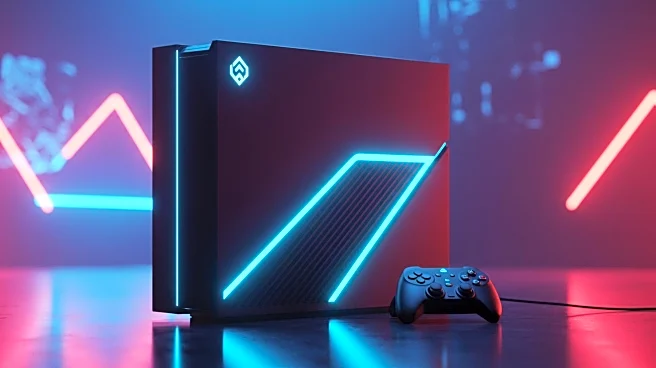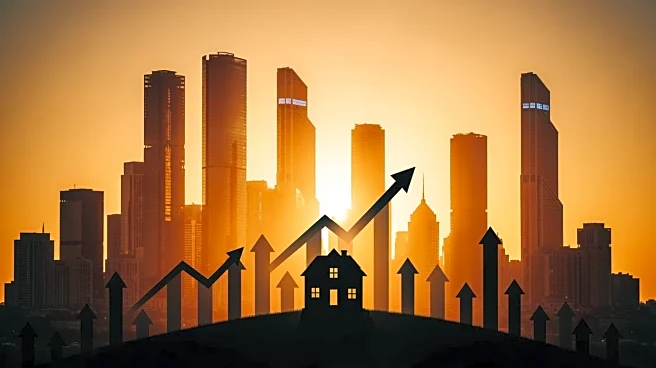What's Happening?
Gamescom 2025 is set to commence with its Opening Night Live broadcast on August 19, followed by a four-day in-person event from August 20 to August 24 in Cologne, Germany. The event will feature a series of showcases, publisher livestreams, and previews from the show floor. Highlights include announcements for Resident Evil Requiem and the World of Warcraft Midnight expansion. The Future Games Show, hosted by David Hayter and Maggie Robertson, will take place on August 20, while the Awesome Indies showcase is scheduled for August 21. Major publishers like Xbox and Bethesda will also host events throughout the week.
Why It's Important?
Gamescom is one of the largest gaming conventions globally, providing a platform for developers and publishers to showcase upcoming titles and innovations. The event attracts industry professionals and gaming enthusiasts, offering insights into future trends and developments in the gaming sector. It serves as a significant opportunity for networking and collaboration within the industry, potentially influencing game development and marketing strategies. The announcements and showcases can impact consumer expectations and drive sales for featured games.
What's Next?
As Gamescom 2025 unfolds, attendees and viewers can expect further announcements and updates from participating studios and publishers. The event may lead to increased anticipation for upcoming game releases and expansions. Industry professionals will likely analyze the reception of showcased games to adjust marketing and development plans. The event's outcomes could influence future gaming conventions and the strategic direction of game publishers.
Beyond the Headlines
Gamescom 2025 not only highlights major gaming titles but also emphasizes the growing importance of indie games through the Awesome Indies showcase. This focus on smaller studios reflects a broader industry trend towards supporting diverse and innovative game development. The event's open access to the general public underscores the democratization of gaming culture, allowing fans to engage directly with developers and experience new games firsthand.








